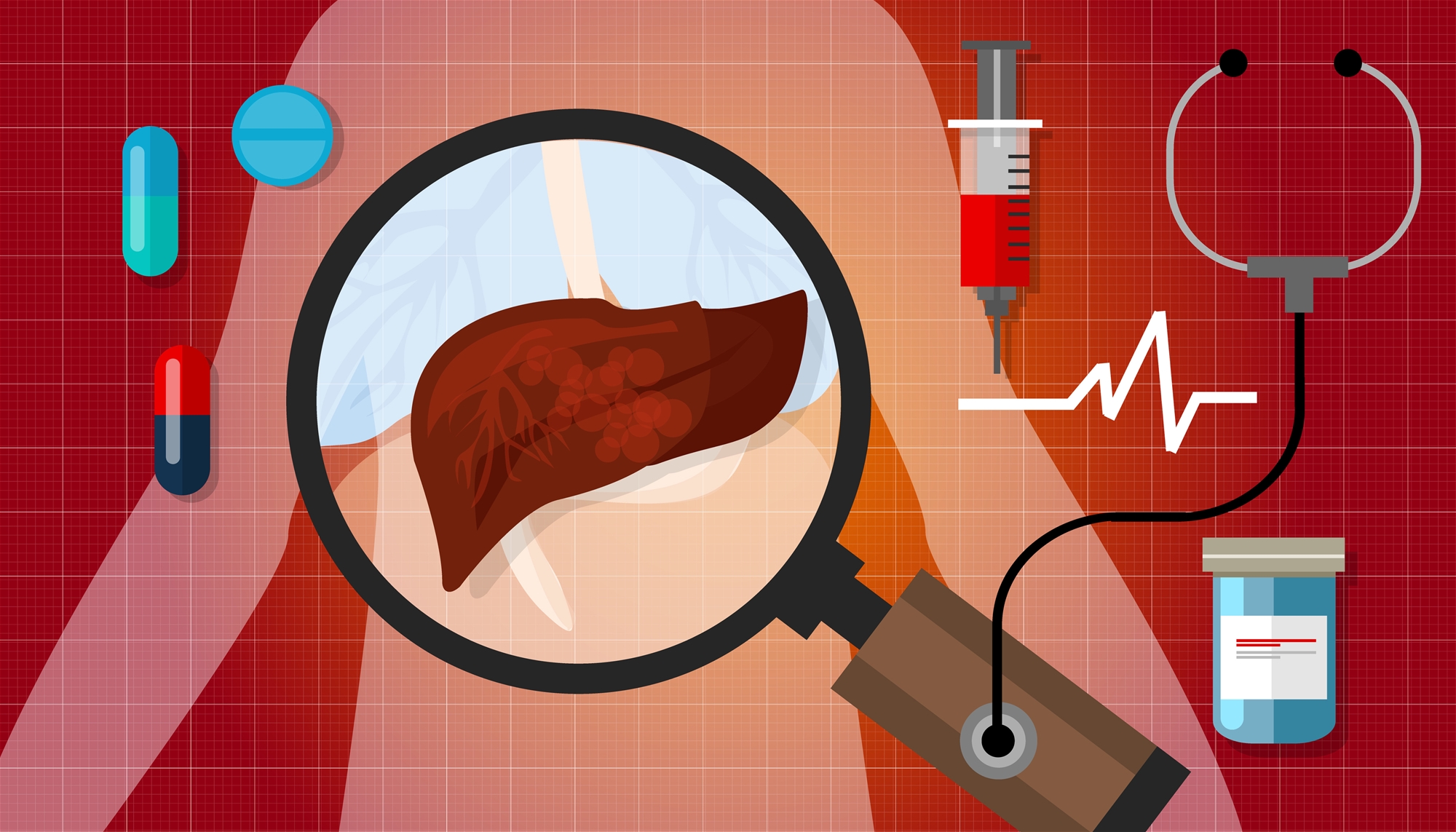Acute hepatitis refers to the process of acute injury and necrosis affecting the liver parenchymal and nonparenchymal cells. Common and rare causes that lead to acute hepatitis are as follows:
- Infectious Hepatitis: Types of viral hepatitis account for the majority of acute hepatitis in Asia. These types of viral hepatitis include the acute courses of HAV, HBV/HDV, HCV, and HEV infections. Hepatitis B and hepatitis A are typically the most common that need to be excluded timely in most cases. Rare causes include EB virus, CMV, HIV, Herpes, Rickettsia, and Syphilis.
- Hepatitis caused by medications and toxins: Common medications include anti-tuberculosis drugs, antifungal agents, anticonvulsants, herbal medicine, acetaminophen, and organic solvents.
- Alcoholic hepatitis: Alcoholic hepatitis can also present with features of acute hepatitis.
- Cholestasis: acute hepatitis caused by biliary tree obstruction (for example, bile duct stones) is also commonly seen here in Taiwan.
- Autoimmune liver disease: These autoimmune diseases include autoimmune hepatitis, primary biliary cholangitis (PBC), and primary sclerosing cholangitis (PSC)…etc.
- Vascular causes of hepatitis: Ischemic conditions such as shock and hypoxia; congestive diseases such as Budd-Chiari syndrome, veno-occlusive diseases, and congestive heart failure.
- Genetic and metabolic types of hepatitis: Examples are Wilson’s disease, hemochromatosis, and α1-antitrypsin deficiency.

Clinical Features
- Initially, patients suffer fatigue, and poor appetite. In serious cases, patients present with tea-colored urine, and yellowish sclera and skin.
Diagnosis
- History taking and physical examination: Thorough medical history needs to be reviewed through queries on types of viral hepatitis, alcohol drinks, medication history, travels, occupation, family history, and sex behaviors. Physical examinations may reveal jaundice, abdominal tenderness…etc.
- Biochemical tests of blood sample: Levels of AST/ALT, total/direct forms of bilirubin, γ-GT, Alk-P, albumin, and prothrombin time assist in the differential diagnosis.
- Viral serology: Mandatory tests of viral antigens and antibodies include HBsAg, anti-HBc IgM, anti-HAV IgM, and anti-HCV Ab.
- Image scans: Abdominal ultrasound can be applied to exclude conditions, such as cirrhosis or bile duct obstruction.

